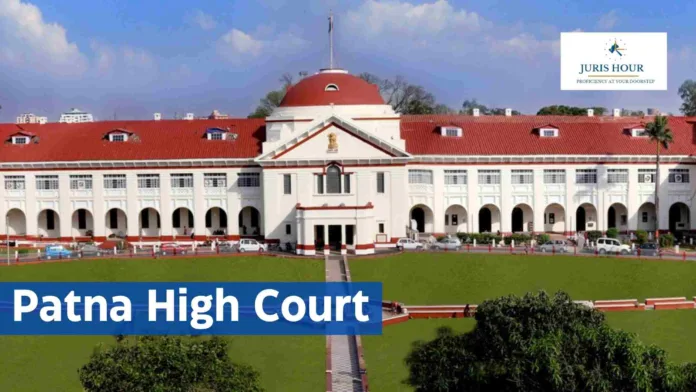The Patna High Court has allowed the adjustment of IGST paid in GSTR-3B against CGST and CGST.
The bench of Justice P. B. Bajanthri and Justice S. B. Pd. Singh has ruled that a registered dealer is entitled to rectify errors in GST returns, even if such mistakes occurred inadvertently while filing. The Court set aside tax demands exceeding Rs. 2.49 crore raised against a Bihar-based two-wheeler dealer, holding that denial of rectification would amount to arbitrary action and a violation of Article 265 of the Constitution of India.
The petitioner/assessee, Om Traders, a partnership firm from Nalanda, Bihar, had inadvertently made an error while filing its GSTR-3B return for April 2019. The mismatch between GSTR-1 and GSTR-3B arose due to a clerical mistake in entering taxable value and IGST amounts. Though the dealer promptly sought rectification in May 2019, the request was rejected in May 2020 by tax authorities, who advised fresh payment of CGST and SGST followed by a refund claim of excess IGST paid.
Subsequently, the State GST authorities issued a demand notice in August 2024 for tax, interest, and penalty amounting to ₹2,49,45,852, triggering the present writ petition.
The Petitioner argued that the error was purely clerical, that sufficient Input Tax Credit (ITC) was available in the electronic ledger, and that no loss was caused to the revenue. Reliance was placed on the Bombay High Court ruling in Aberdare Technologies Pvt Ltd v. CBIC (2024), which was later upheld by the Supreme Court in January 2025.
The departmnet opposed the plea, citing Section 49(5) of the CGST Act, and maintained that rectification of GSTR-3B returns is not permissible once filed. The government insisted that the petitioner should pay the tax liability afresh and seek refund separately.
The court noted that there is no statutory mechanism under GST for rectification of GSTR-3B once submitted, but courts have recognized the right to correct genuine clerical errors.
The Bombay High Court had already directed GST authorities to open the portal for rectification or accept manual corrections, a ruling affirmed by the Supreme Court. The department failed to demonstrate how the rectification would prejudice the exchequer.
The court set aside the order, and the subsequent tax demand, the Court directed the concerned GST authorities must allow rectification of GSTR-3B in line with GSTR-1 for April 2019. The petitioner should file a manual application within one month. Authorities must redress any consequent grievance within two months.
The Court thus allowed the writ petition and provided relief to the trader, ensuring that inadvertent mistakes in GST filings should not attract penal consequences when no revenue loss is caused.
Case Details
Case Title: Om Traders Versus Union of India
Case No.: Civil Writ Jurisdiction Case No.16509 of 2024
Date: 13-05-2025
Counsel For Petitioner: D.V.Pathy, Advocate
Counsel For Respondent: Anshuman Singh
Read More: Chennai Airport Customs Foils Gold Smuggling Bid; 2.5 Kg Gold Worth Rs. 2.3 Crore Seized, 4 Arrested

